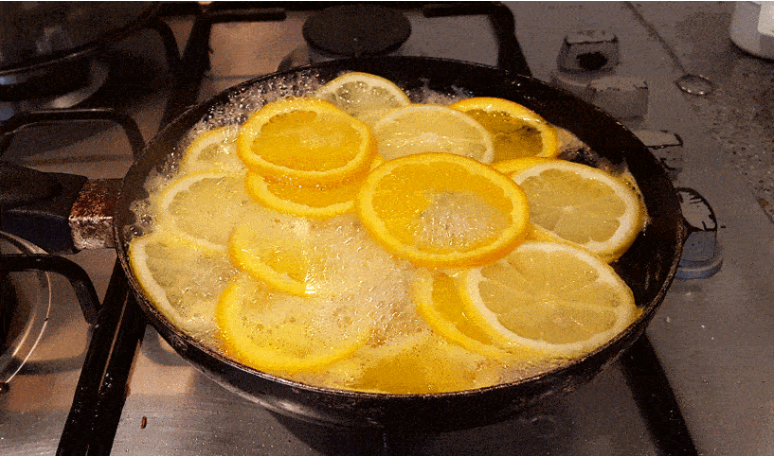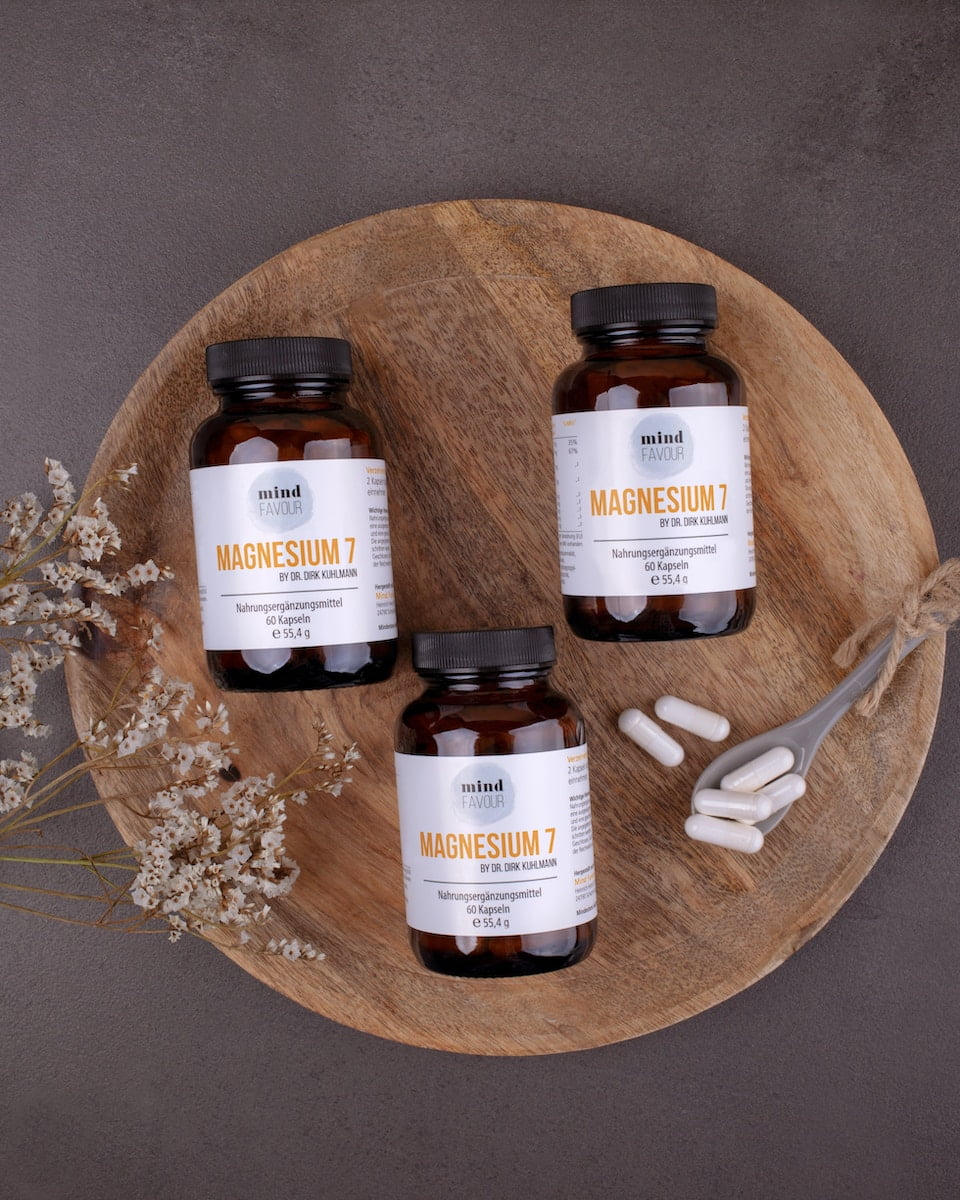High blood pressure, also known as hypertension, is a common health concern among seniors. It is a condition in which the force of blood against the artery walls is too high, and if left untreated, it can increase the risk of serious health problems such as heart disease, stroke, and kidney disease. Therefore, it is important for seniors to monitor and manage their blood pressure to maintain good health.
Here are some tips for managing high blood pressure in seniors:
- Eat a healthy diet: A diet that is rich in fruits, vegetables, whole grains, and lean proteins can help lower blood pressure. The DASH (Dietary Approaches to Stop Hypertension) diet is a good choice for seniors with high blood pressure. It emphasizes foods that are high in nutrients that help lower blood pressure, such as potassium, calcium, and magnesium.
- Get regular physical activity: Regular physical activity can help lower blood pressure and improve overall health. Seniors should aim for at least 150 minutes of moderate-intensity physical activity per week. This can include activities such as walking, swimming, or cycling.
- Monitor your blood pressure regularly: It is important for seniors to monitor their blood pressure regularly to ensure that it is within a healthy range. This can be done at home with a blood pressure monitor or at a healthcare provider’s office.
- Reduce stress: Chronic stress can contribute to high blood pressure. Seniors can reduce stress by practicing relaxation techniques such as deep breathing, meditation, or yoga.
- Limit alcohol consumption: Excessive alcohol consumption can raise blood pressure. Seniors should limit their alcohol intake to no more than one drink per day for women and two drinks per day for men.
- Manage other health conditions: If a senior has other health conditions such as diabetes or high cholesterol, it is important to manage these conditions as well to help lower blood pressure. This may involve taking medications, following a specific diet, or making lifestyle changes.
In conclusion, managing high blood pressure in seniors is important for maintaining good health and reducing the risk of serious health problems. By following a healthy diet, getting regular physical activity, monitoring blood pressure regularly, reducing stress, limiting alcohol consumption, and managing other health conditions, seniors can successfully manage their blood pressure and enjoy a healthy and active lifestyle.
References:
- National Heart, Lung, and Blood Institute. (2019). What is high blood pressure? Retrieved from https://www.nhlbi.nih.gov/health-topics/high-blood-pressure
- American Heart Association. (2019). High blood pressure in seniors. Retrieved from https://www.heart.org/en/health-topics/high-blood-pressure/prevention-and-treatment-of-high-blood-pressure/high-blood-pressure-in-seniors
- Centers for Disease Control and Prevention. (2019). High blood pressure in adults. Retrieved from https://www.cdc.gov/bloodpressure/adults.htm
- Mayo Clinic. (2019). High blood pressure (hypertension). Retrieved from https://www.mayoclinic.org/diseases-conditions/high-blood-pressure/symptoms-causes/syc-20373410




























